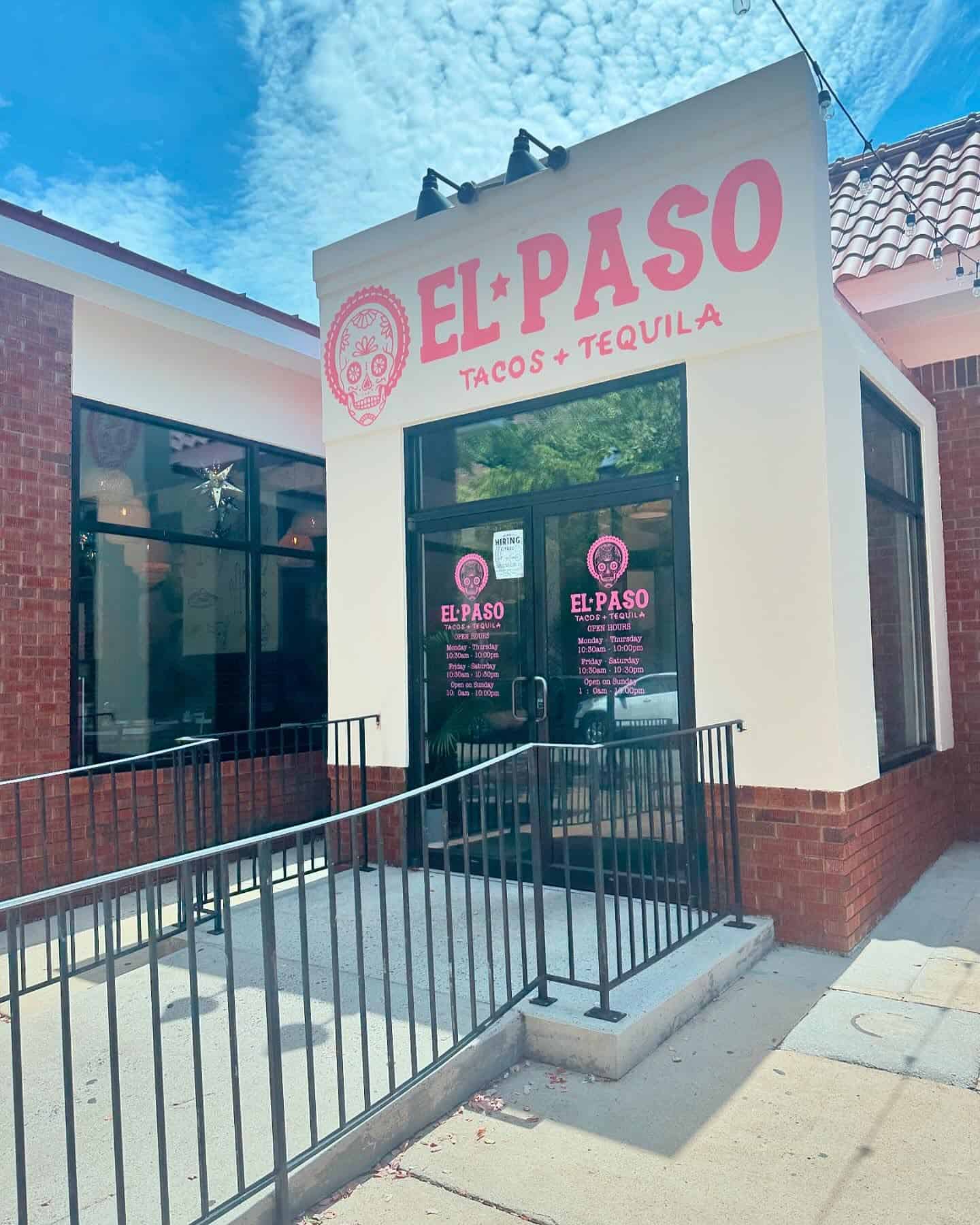Members of the Joint Study Committee on Dual Enrollment for Highly Skilled Talent at Young Ages met on Oct. 11 to discuss final recommendations.
Dual enrollment is a pathway for students in high school to jumpstart their post-secondary education, generally at one of Georgia’s technical colleges.
Currently, under HB 444 passed in 2020, dual enrollment targets high school juniors and seniors who are allowed to take core and career and technology education (CTE) courses. High school sophomores can also participate, but are limited to CTE courses. Prior to 2020, freshmen were also eligible to participate, but HB 444 ended that.
Chaired by state Representative, Matt Dubnik (R-Gainesville) and State Senator, Matt Brass (R-Newnan), the commission was created during the 2023 legislative session with the passage of Senate Resolution 175 (www.legis.ga.gov/legislation/64645). It is tasked with looking for solutions that could expand dual enrollment. It held a series of meetings across the state hearing from stakeholders including for education and Georgia businesses.
Brass said after hearing the testimony, they identified three items to address: simplify, educate, and invest.

“So, when you dig into the simplify, we kind of determined that there’s really no clear definition in statute for high demand career. It is mentioned in the statute on multiple occasions, but again, we never actually define it anywhere. So, one of the first recommendations is that we need to clearly define high demand career, we need to add that into statute,” said Brass.
He added that information about career and technical education (CTE) and accelerated career pathways must be made more accessible to students and parents.
“Next, we need to streamline and encourage more articulation agreements between our local school systems, the Technical College System of Georgia, and the University System of Georgia,” he said. “We found that a lot of these arrangements were done more locally and regionally. And I think it would be in the best interest of our students and our future workforce if there was a little more uniformity across our state.”
Brass turned the meeting over to co-chairman, Dubnik to run through the recommendations under the education category.

“When we talk about educating, I think this is both to parents and students. Some are going to, I believe, see action by getting to the parent, some better to the students, but they’re both going to talk at home,” he said. “I also think high school counselors, but also middle school counselors. We heard it when we went out, you can’t just start when they’re 18 or 16. We have to go back earlier and earlier.”
Charlie Tudor, Advanced Studies Program Administrator for the Richmond County School System (RCSS), oversees the district’s dual enrollment program. He said, although dual enrollment is for juniors and seniors, RCSS is already reaching into the middle schools to offer exploratory courses and opportunities, so younger students learn what is available.

He said officially expanding dual enrollment into lower grades could be beneficial to smaller and more rural communities.
“I would imagine they’re looking at some of those very rural counties, where opportunities don’t exist, like they do here,” Tudor said. “It may have been needed just to ensure that all students in Georgia, and all communities in Georgia are aligning our future workforce with the needs that will hopefully exist in the next three to five years and get our students ready for wherever there are shortages.
The committee’s final recommendation focused on investing.
“We discussed more funding for Technical College System of Georgia instructors. We discussed providing more funding for high school counselor positions. We discussed conducting an annual return,” Brass explained. “To ensure that existing CTE programs of study are aligned with workforce needs informed by labor market demand. To link to occupations that are middle school, middle to high wage and vertically aligned to post-secondary programs. And to determine where high demand, high skill, high wage CTE programs are offered across all recognized local education agencies.”
The commission’s final report and recommendations need to be finalized to determine whether changes need to be made to the state’s dual enrollment program. It is possible the commission will make recommendations for the 2024 legislative session.










